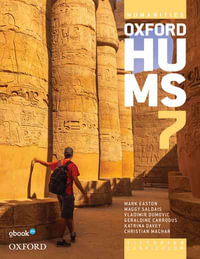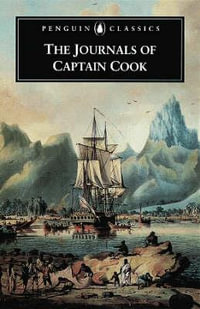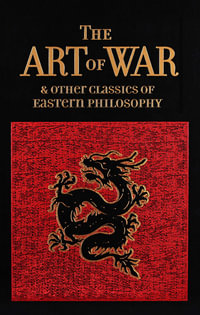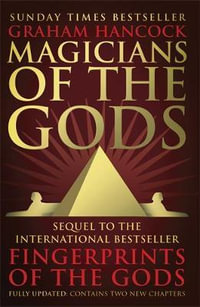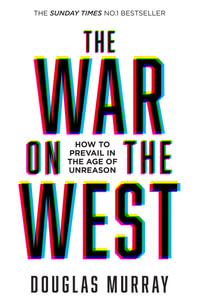This book, the second in the Longman series of medieval studies, edited by David Bates, is a full-scale biography of an important medieval king, Charles the Bald, grandson of Charlemagne. The author, Janet L. Nelson, has written many articles on the earlier Middle Ages, co-edited a volume of essays on Charles' reign, and recently published a translation of the main historical source for the Carolingian world in the ninth century, the "Annals of St-Bertin". In this book, Charles the Bald is situated in a period often wrongly seen as one of failure and decline, but currently being reassessed in more positive terms. Charles himself has often been compared with his grandfather Charlemagne, and invariably found wanting: he has been judged a weak, even disastrous, ruler, beset by Viking attackers from outside and rampant "feudal forces" from within his kingdom. This detailed political study attempts to expose the anachronistic approaches which explain Charles' unjust neglect and misjudgement by modern historians.
Charles is revealed as an able and resourceful ruler who, under challenging conditions, contrived to maintain, and in important ways enhance, monarchic power and authority by rallying aristocratic consensus and ecclesiastical resources in support of his kingdom. As one among several heirs to Charlemagne's Frankish empire, Charles exploited opportunities for territorial expansion at the expense of rival kinsmen, and set his sights on the imperial throne: he was crowned emperor in Rome on Christmas Day 875. In the long term, however, his achievement can be seen to have lain elsewhere, in the establishment of intensive political control in the West Frankish heartlands, the valleys of the Seine and its tributaries: the region which a contemporary called Charles' "paradise". Here, Charles created the material and ideological basis of a successor-state to the western part of the Carolingian Empire: the West Frankish kingdom. It outlasted the misfortunes of his descendants and the eventual end of the Carolingian dynasty, to form a later-medieval kingdom that, later still, was transformed into a modern state.
This book offers a re-appraisal of Charles the Bald's achievement in his own time, and also attempts to explain why Charles, in spite of himself, can be seen as the maker of France.
Industry Reviews
' a work of importance that is sure to be mulled over for many years to come.' English Historical Review

